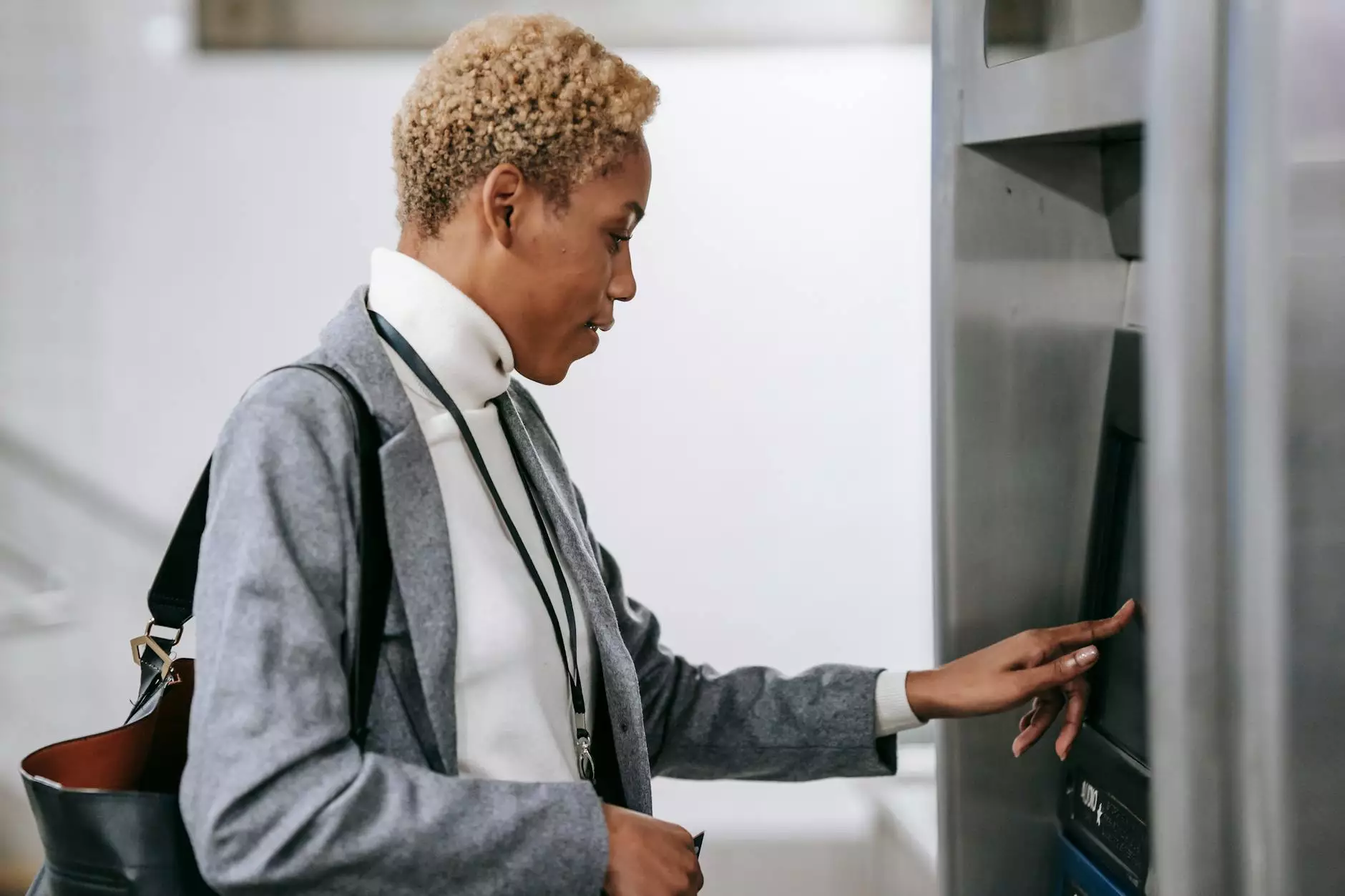The Essential Role of a Consultant Geriatrician in Modern Healthcare

In today’s rapidly advancing medical landscape, consultant geriatricians play an indispensable role in ensuring that the elderly receive the specialized care they require. As our population ages, the demand for experts in geriatric medicine has never been greater. This comprehensive article aims to delve deep into the significance of consultant geriatricians, the services they offer, their impact on healthcare, and why they are essential for both patients and the healthcare system as a whole.
Understanding Geriatrics
Geriatrics is a branch of medicine that focuses on the health care of older adults. The primary aim of this specialty is to promote health by preventing and treating diseases and disabilities in older adults. Consultant geriatricians specialize in this field, equipped with unique training that empowers them to understand the complexities of aging, chronic diseases, and the mental health challenges that are often observed in older patients.
What Does a Consultant Geriatrician Do?
Consultant geriatricians are highly trained medical professionals who develop comprehensive geriatric assessments to guide patient care. Their roles encompass various tasks, including but not limited to:
- Comprehensive Assessments: An in-depth analysis of an elderly patient’s physical, mental, and social health. This evaluation is crucial in developing personalized treatment plans.
- Management of Chronic Conditions: Consultant geriatricians specialize in managing multiple chronic illnesses, ensuring that patients receive holistic care that addresses their specific needs.
- Medication Management: They play a key role in reviewing and optimizing medication regimens to minimize side effects and interactions, which is particularly important for older adults.
- Palliative Care: Providing care that improves the quality of life for patients facing serious illnesses, focusing on relief from symptoms and stress.
- Education and Support: Consultant geriatricians offer guidance to families and caregivers on how to support the health and well-being of elderly individuals.
The Importance of Consultant Geriatricians
As the population of elderly individuals continues to rise, the importance of consultant geriatricians becomes increasingly apparent. Here are several reasons why their role is critical:
1. Age-Related Health Issues
Older adults often encounter a unique set of health challenges. Consultant geriatricians are trained to identify and navigate these issues effectively, ensuring optimum health outcomes.
2. Patient-Centered Care
With a focus on holistic care, consultant geriatricians advocate for a patient-centered approach, which respects the preferences, needs, and values of older patients.
3. Coordination of Care
Geriatricians coordinate with various healthcare providers to ensure that patients receive seamless care across different medical disciplines. This is essential for managing complex health issues that require a multidisciplinary approach.
Common Conditions Managed by Consultant Geriatricians
Consultant geriatricians are adept at handling a myriad of conditions common in older populations, including but not limited to:
- Dementia and Cognitive Disorders: Assessment and management of cognitive decline and related behaviors.
- Falls and Mobility Issues: Addressing risks associated with falls and developing strategies to improve movement.
- Polypharmacy: Evaluating multiple medications to reduce risks and improve treatment appropriateness.
- Cardiovascular Conditions: Managing heart diseases that commonly affect older individuals, including hypertension and heart failure.
- Chronic Pain Management: Strategies for dealing with persistent pain, which is often a significant issue for the elderly.
How to Access a Consultant Geriatrician
Accessing the services of a consultant geriatrician typically involves a referral from a general practitioner or another medical professional. Here’s how you can get started:
- Consult Your GP: Schedule an appointment with your general practitioner to discuss concerns about an elderly family member or yourself.
- Obtain a Referral: If necessary, your GP can provide a referral to a local consultant geriatrician.
- Prepare for the Appointment: Gather relevant medical records and a list of medications to provide the geriatrician with a clear picture of the patient's health.
- Visit a Specialist Clinic: Many cities have dedicated outpatient clinics or hospitals that specialize in geriatric care.
The Future of Geriatric Medicine
The future of geriatric medicine looks promising. Advancements in technology and a growing focus on preventive care are changing the landscape of healthcare for older adults. Innovations such as telemedicine are making it easier for consultant geriatricians to connect with patients and provide necessary care remotely.
In addition, there is an increasing recognition of the importance of mental health in elderly care, prompting more comprehensive approaches to dealing with both the physical and psychological aspects of aging.
Conclusion
In summary, the role of a consultant geriatrician is critically important in today’s healthcare environment. As specialists who are dedicated to serving the elderly population, they help to navigate the complexities of aging, ensuring that older adults receive the highest quality of care. At Star Medical, we understand the importance of having expert health and medical professionals who can provide specialized services tailored to the needs of our aging population. Their expertise not only contributes to the well-being of elderly patients but also enhances the overall efficiency of the healthcare system.
With the population of elderly individuals expected to rise further, investing in the services provided by consultant geriatricians will be paramount. Their commitment to improving health outcomes ensures that our elders can lead healthier, happier lives as they age.



